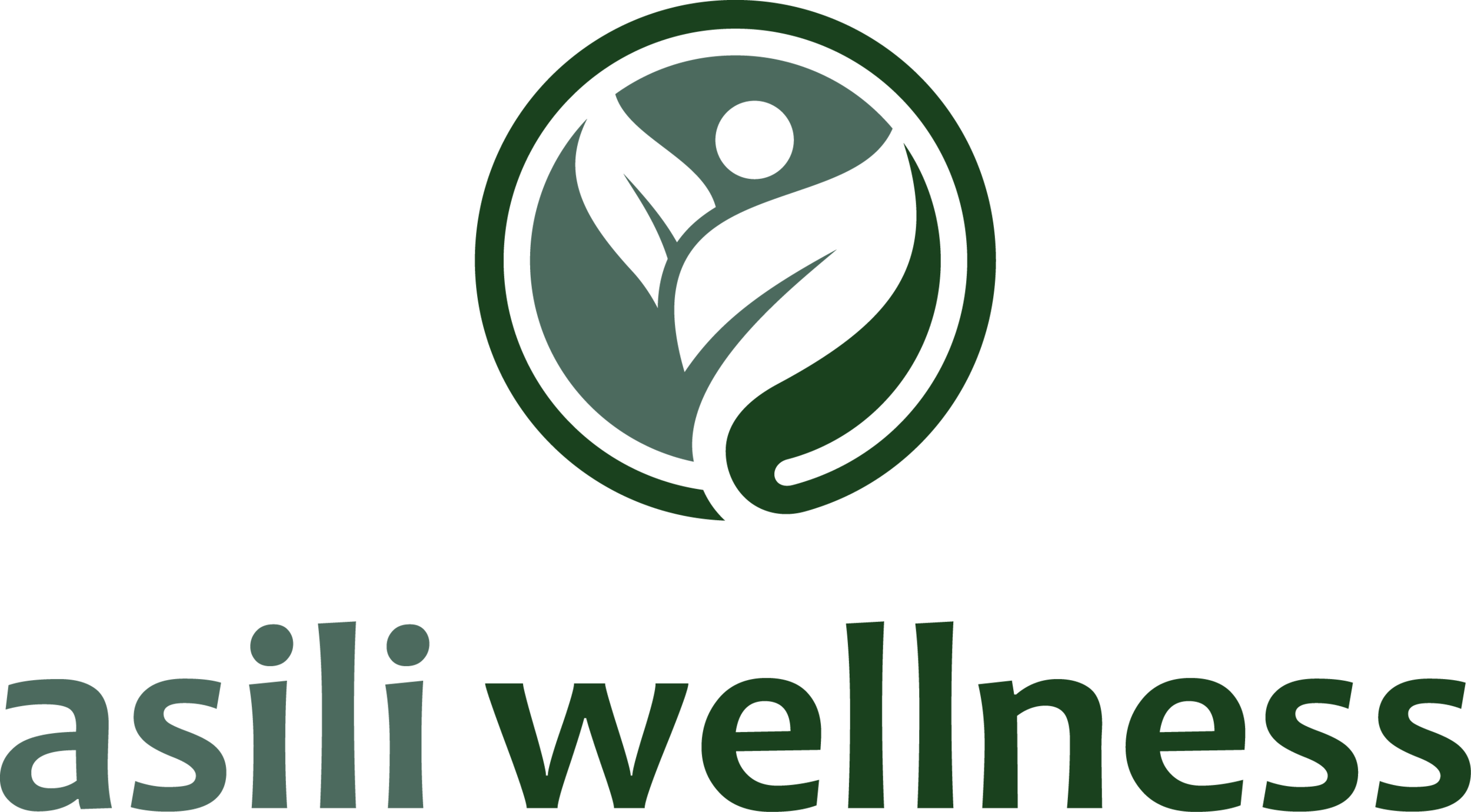From Darkness to Light: A Holistic Guide to Managing Depression
Let's talk about depression, a common mental health challenge that affects so many of us. It can feel heavy and overwhelming, touching people's lives in various ways. While traditional treatments like medication and therapy are helpful for many, they don't always meet everyone's needs.
That's where a holistic approach comes in! This approach to managing depression offers hope by examining the mind, body, and spirit as interconnected parts of our overall health. We can find balance and improve well-being by focusing on all aspects of life.
Getting to Know Depression
Depression isn't just about feeling sad—it's a complex mix of biological, emotional, and social factors. Understanding this can help us appreciate how holistic methods can enhance our everyday care.
There are different types of depression, like major depressive disorder and persistent depressive disorder, each with its own set of symptoms and durations. Those may include feelings of hopelessness, losing interest in things we used to enjoy, changes in appetite or sleep, and constant tiredness.
The tricky part can be recognizing these signs and finding ways to bridge the gaps left by traditional treatments. While antidepressants and talk therapy can work wonders for some, others might experience only partial relief or unwanted side effects. It has led many to explore holistic methods as alternatives.
A Holistic Approach to Depression
Now, let's explore a holistic approach! This approach embraces the idea that mental health is closely connected to physical and emotional well-being. This perspective encourages us to consider lifestyle habits, emotional health, and even our surroundings.
Getting started with holistic practices can be manageable. Here are some easy and practical ways you can incorporate them into your daily routine:
(1) Mindfulness and Daily Practices
Taking a few moments each day for deep breathing or meditation can work wonders! These simple mindfulness exercises can help you feel more in tune with your emotions and improve your overall outlook.
(2) Eating Well
Choosing nutritious foods can make a difference! Eating things rich in omega-3 fatty acids and antioxidants boosts mood and supports brain function. Think of it as fueling your body with goodness!
(3) Staying Active
Get moving in a way that feels good for you! Physical activity—whether a stroll, a yoga session, or a fun dance party in your living room—is a great mood lifter. Let's celebrate the strong connection between exercise and mental health!
(4) Connecting with Others
Remember the power of social support! Building relationships and engaging with your community can be life-changing. Surrounding yourself with uplifting people helps nurture resilience and happiness.
(5) Guidance from Professionals
Partnering with healthcare providers is critical for holistic practices. They can help tailor solutions to your unique needs and preferences, ensuring a personalized approach to managing your mental health.
By blending your efforts with the support of professionals, you can adopt these holistic practices and create a lifestyle that fosters mental wellness.
Final Thoughts
Embracing this journey from darkness to light is all about creating a holistic lifestyle. By blending healthy eating, staying active, nurturing emotional well-being, and building social connections, we can truly support our mental health.
Remember, managing depression is a journey we don't have to take alone. Each step toward embracing holistic practices is a significant move toward empowerment and creates a brighter path to mental wellness. Let's embark on this together!
At Asili Wellness, we offer holistic therapeutic services to enhance, nourish, and transform well-being.
We'd love to walk alongside you in creating your happiness and enhancing your ability to promote health, prevent disease, encourage self-care, and foster healing. Let's work together to fill your cup! Reach out today and schedule a complimentary consultation.
Explore Yoga + Talk Therapy
Shop Products
Join Thrive
thrive is a complimentary resource with fresh goodies each month intended to help you create a healthier lifestyle mentally, physically, and emotionally.
Call, email, follow, or shop today to start your journey!
Peace + Wellness, Dr. Nicole









